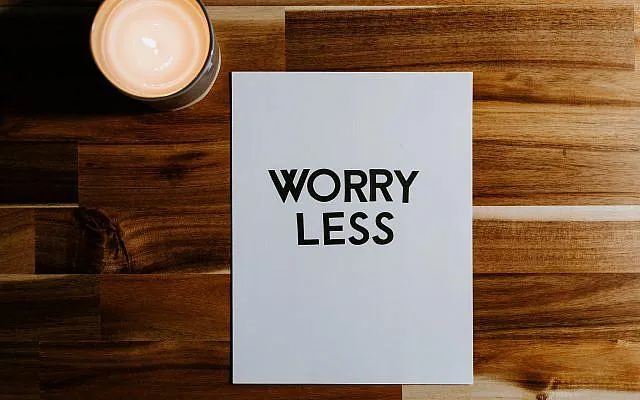The Blog of Rabbi Shlomo Ezagui
Explore the Depths of Spiritual Wisdom with Rabbi Ezagui's Enlightening Writings.

Why not to worry about money
A most significant practice is that every morning, before we do anything else, we pray to God. While our minds are still clear and fresh, we lay the foundation; we set the course for the day by connecting with the source from which good luck, blessings, and strength flow.
Once, a simple soul traveled to his teacher, Rabbi Mordechai of Chernobyl, for the Sabbath. As customary, he went before his teacher to receive a blessing before departing home. The Rabbi instructed him to recount his daily routine. The simple merchant described how he goes early in the morning to buy merchandise from the farmers and then returns home to pray before finally going to the market to sell his wares.
Hearing this, the Rabbi condemned his actions, saying, “It is not proper to put God second in line.” By acting this way, the merchant demonstrated a weakness in his faith in God and had more trust in his actions.
The poor fellow tried to explain how important it was for him to gain an advantage over other buyers by arriving early. Still, the Rabbi responded, “Do you not see how God provides for the entire universe effortlessly, and the only reason we work is that we are commanded to make an effort?” When you give precedence to your work over your prayers, it appears as if you believe it is entirely up to you, as if “you” earn the money.
“Let me tell you a story,” said the Rabbi.
When his family grew, a young man receiving support from his father-in-law had to find additional help. He left home to earn money as a teacher, saving every coin he received. After three years of making a respectable living and saving enough money, he decided to return home. On his way home, he reached a small village, realizing he would not make it home in time for the Sabbath (when it is forbidden to travel and handle money), so he stopped for the evening at an inn. He was afraid someone could steal his money, so he left his bag of coins with his host. Although he didn’t know this innkeeper, he figured that was a better bet than leaving the money in his room.
Throughout the entire Sabbath, he worried about his money. He could not wait for the end of the Sabbath and quickly went over to the innkeeper to ask for his money back. Upon receiving his bag of money, he started to count his gold coins. As he came to the end of his counting, he kept shaking the sack. The innkeeper asked, “Is everything all right?” “I see you have all your gold coins.” The fellow answered, “There was also one copper coin.” I’m looking to see if it’s still there.”
Rabbi Mordechai concluded, “Look at this man’s silliness.” After seeing that all his gold coins had been returned to him, he suspected that perhaps the innkeeper had stolen one copper coin. You are doing the same.
When you go to bed every night, you entrust God with your soul; there is no guarantee you will wake up in the morning. When you wake up, you open your eyes, the sun shines, and God returns all the gold you had given him. How is it then that you still worry whether God can and will provide all that is necessary for the day even before you have first thanked Him and done all your prayers in the morning?
According to the Bible, a person should not say, “I will eat, drink, and enjoy, and Heaven will have mercy.” We learn from Isaac that seeds need to be planted so that God will bless our efforts; however, “WE” do not make a living. We do good deeds and earn merit from God, and then our efforts generate success at the right time in the proper measure for each person.
A person who feels he must engage in ungodly doings to earn a living or compromise his principles does so because he thinks he, generates the livelihood.
One who truly believes the entire universe was created and is constantly vivified by God in the present tense and that God provides everything in our lives; the only reason a person works is because God commanded us to do so. Therefore, it is unthinkable that following the directives of God by praying first thing in the morning, observing the Shabbat fully, or doing anything else we are commanded to observe these practices could or would stand in the way of God’s providing.
“The One who has created the day also created for each person his livelihood.” “One who has food for today yet worries about what he will eat tomorrow lacks faith.” Blessings and success come from above; the only thing necessary is to make our effort within reason for God’s blessings to flow down to us.
One who is overly involved in his livelihood is like a person who sews pants for himself that are too long, causing himself to trip and fall over that exact effort he put in for the sake of their pants.
Chapter 29 www.aspiritualsoulbook.com
Originally published: https://blogs.timesofisrael.com/why-not-to-worry-about-money/
© 2023 Rabbi Shlomo Ezagui - All Rights Reserved

